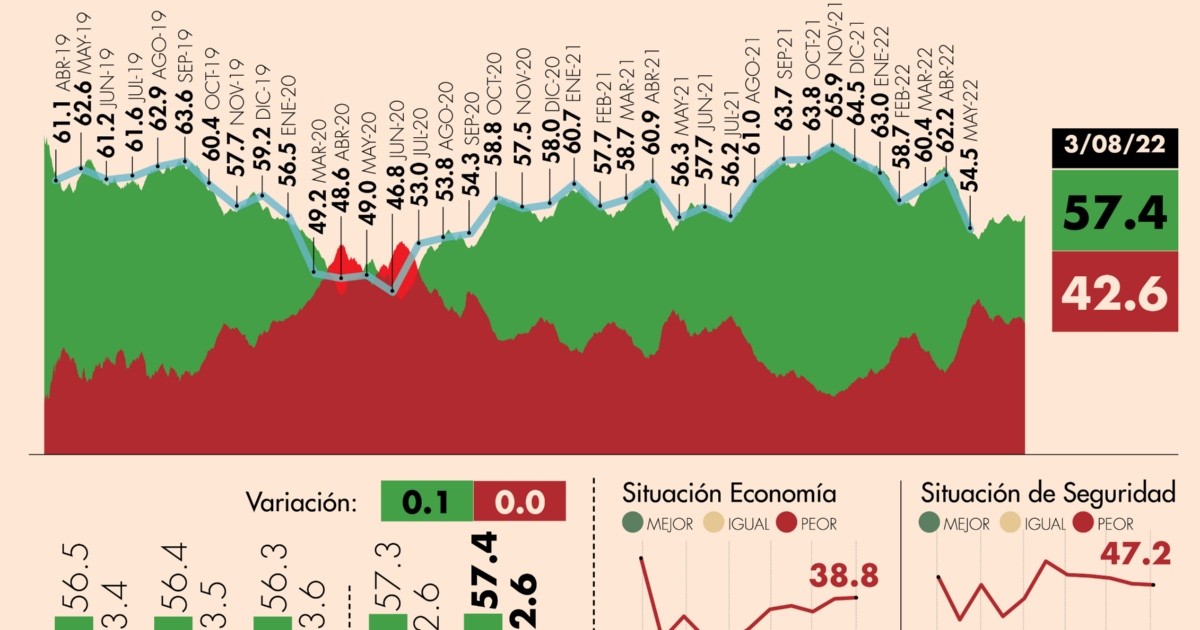The Cuban government announced a group of labor measures for the state sector, including the adoption of remote work and teleworking, given the current energy crisis that crosses the country.
The measures were announced by the Ministry of Labor and Social Security (MTSS) with the aim of reducing electricity consumption on the island and “reducing to the essential minimum” the number of workers in work centers.
According to a note from the agency, posted on your websitethe head of the sector, Marta Elena Feitó, issued a ministerial order indicating that “it is up to each head of the entity to determine the labor and salary measures to be applied”, and that these must pay taxes on electricity savings, “while protect the income of workers.
The provisions “that can be applied in a homogeneous and combined manner” contemplate remote work and telework, work in the field, the adoption of vacations, adjustments in the schedule, and work relocation, points out the communication from the MTTS, the which also includes the option of work interruption.
In the latter case, the entity will state that it “must be applied as a last option when none of the above alternatives can be applied” and that it must be taken into account that “workers who cannot be relocated are entitled to an equivalent wage guarantee one hundred percent of their basic daily salary for a period of one month, computed consecutively or not, within the year.
Measures in the state sector of the economy, which are taxed to reduce energy consumption. #Cuba #MtssCuba pic.twitter.com/OMQj3JADqc
— MTSS CUBA (@MTSS_CUBA) August 2, 2022
The ministerial order also warns that “the approval of reduced working hours with full salary payment is not the power of the Heads of the Organisms of the Central State Administration (OACE), nor of the Superior Organizations of Business Management (OSDE), therefore that in the event that it is determined to work in working hours shorter than those established, the salary will be paid in correspondence of the actual time worked and not 100%, hence the need to focus on the application of the previously announced measures.
This package of measures comes at a time when the Island is going through a severe energy crisis, marked by fuel shortages and continuous breakdowns and stoppages for maintenance of generating plants. This has caused a significant deficit in electricity generation for months, which has led the authorities to report daily on this situation and to schedule long power cuts throughout the country.
These blackouts were even recently extended to Havana, although for the moment without the extent and frequency with which they occur in other Cuban provinces. The current crisis has caused a growing discomfort in the population and has provoked numerous criticisms on social networks and protests in various locations on the Island in recent weeks.
Cuba has already adopted and promoted remote work and teleworking during the moments of greatest incidence of the COVID-19 pandemic as a measure to avoid contagion. And it also did so during another energy crisis in September 2019, then described by the government as a “temporary” situation.






